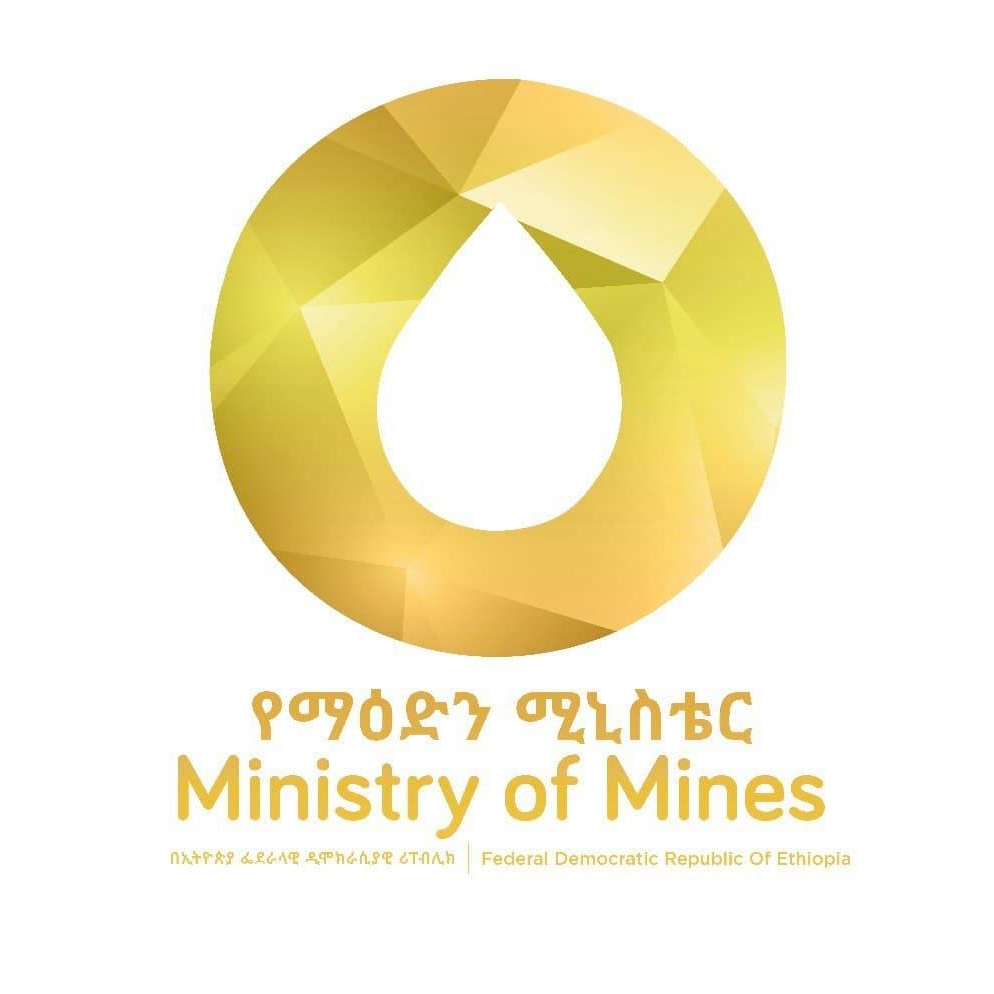Important Proclamations for mining investors:
Mining Licensing and Legislations
Ethiopia has a stable legal and regulatory framework in place. For the sake of convenience, the most important of Ethiopia’s Federal mining laws are summarized below.
Licensing
The MoMP issues seven (7) types of mining license, known officially as ‘mineral operations licences’, in total. These are:
More detail can be found in Mining Operation Proclamation No.678/2010 (as amended by Proclamation No 813/2013).
Royalties
Ethiopia has some of the most attractive royalty rates in Africa. The holders of Large Scale Mineral Operations Licenses are required to pay royalties at the following rates:
Precious minerals 7%
Semi-precious minerals 6%
Metallic minerals 5%
Industrial minerals 4%
Construction minerals 3%
Salt 4%
Royalties can sometimes be waived in special circumstances.
More detail can be found in Mining Operation Proclamation.
The royalties that holders of an Artisanal, Special Small Scale, and Small Scale Licenses are required to pay are determined by laws of the Regional State in which that license is issued.
We would ask holders of such licenses to be in touch with the relevant Regional State official to determine the amounts they are required to pay in royalties.
